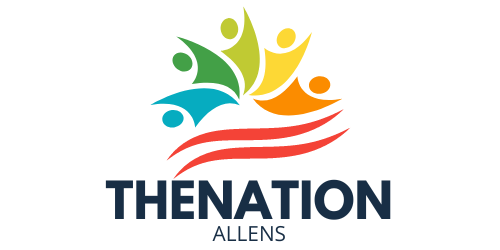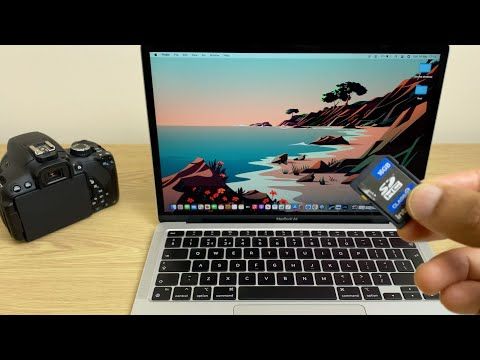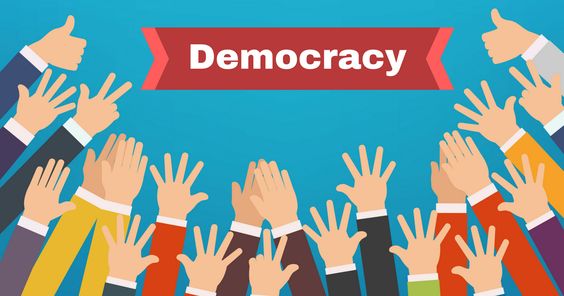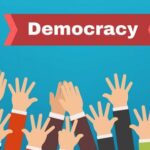How to Consolidate Democracy: Complete Guide
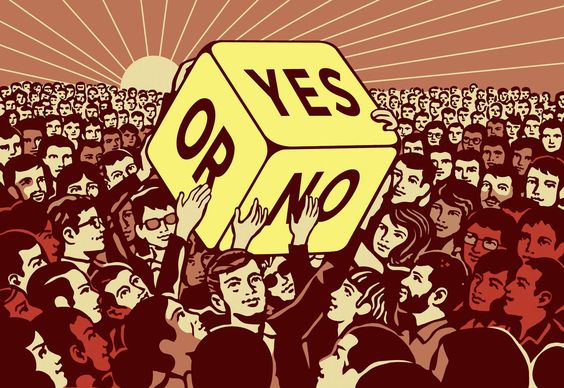
How to Consolidate Democracy
Consolidating a democracy is an ongoing process, but there are several key areas to focus on:
-
Strengthening Institutions: This includes ensuring a strong rule of law, an independent judiciary, and a free and fair electoral system. A well-functioning bureaucracy is also important for implementing policies effectively.
-
Civic Engagement: Encouraging citizen participation is crucial. This can involve supporting civil society organizations, promoting voter education, and making it easier for people to participate in the political process.
-
Political Culture: Fostering a democratic culture where citizens respect the rights of others, accept election results, and engage in peaceful conflict resolution is essential.
-
Economic Development: A strong and inclusive economy can provide a foundation for democratic stability. This can involve promoting economic growth, reducing inequality, and ensuring that everyone benefits from the democratic process. Read about What are the 4 Types of Democracy
Here are some specific actions that can be taken:
- Support civil society organizations that work on issues such as voter education, human rights, and government accountability.
- Promote media freedom so that citizens have access to accurate information.
- Invest in education to create a well-informed citizenry.
- Address economic inequality to ensure that everyone has a stake in the democratic process.
- Promote political inclusion for all groups in society.
Consolidating democracy is a complex challenge, but it is an essential one for building a stable and just society. There is no one-size-fits-all approach, and the specific strategies that will be most effective will vary from country to country. However, by focusing on the areas mentioned above, countries can take steps to strengthen their democracies and ensure their long-term stability. Discover about What is the Basic Concept of Politics
Understanding Democracy
Definition of Democracy
At its core, democracy is a form of government where power is vested in the people, either directly or through elected representatives. It’s characterized by fair elections, equal rights, freedom of speech, and the rule of law.
Key Principles of Democracy
Democracy thrives on several fundamental principles: popular sovereignty, political equality, majority rule with minority rights, accountability, and transparency. These principles are the bedrock upon which democratic societies are built and maintained.
Challenges to Democracy
Political Instability
Political instability, often stemming from frequent changes in government, can undermine democratic processes and erode public trust. Learn about What is Canada Official Name
Corruption
Corruption is a cancer to democracy. It distorts political and economic systems, perpetuates inequality, and fosters cynicism among citizens.
Inequality and Social Divisions
Democracy struggles to survive in a society riddled with inequality and deep social divisions. Such divides can lead to unrest and weaken the social fabric.
Threats to Freedom of Expression
Without freedom of expression, democracy cannot flourish. Suppression of speech and media hinders the free exchange of ideas and stifles public debate.
Building Strong Democratic Institutions
Independent Judiciary
An independent judiciary is crucial for upholding the rule of law and ensuring justice. It acts as a check on the other branches of government, safeguarding citizens’ rights.
Transparent Electoral Systems
Transparent electoral systems are vital for fair elections. They ensure that the electoral process is open, fair, and free from manipulation.
Accountable Government Bodies
Government bodies must be accountable to the people. This accountability is achieved through checks and balances, oversight mechanisms, and public participation in governance.
Promoting Political Participation
Voter Education
Educating voters about their rights and responsibilities is fundamental to fostering informed and active participation in the democratic process.
Encouraging Civic Engagement
Civic engagement involves citizens actively participating in their communities and in the political process. This can be through voting, attending town hall meetings, or engaging in community service.
Ensuring Inclusivity in Politics
Inclusivity ensures that all segments of society, including marginalized groups, have a voice in the political process. This enhances representation and strengthens democracy.
Strengthening Civil Society
Role of Non-Governmental Organizations (NGOs)
NGOs play a crucial role in promoting democracy by advocating for human rights, providing social services, and holding governments accountable.
Community-Based Organizations
Community-based organizations mobilize local resources and efforts to address issues directly affecting their communities, fostering grassroots democracy.
Grassroots Movements
Grassroots movements empower ordinary citizens to effect change from the bottom up, highlighting local issues and influencing national policies.
Ensuring Free and Fair Elections
Electoral Reforms
Electoral reforms are necessary to address systemic issues within the electoral process, ensuring fairness and integrity.
Monitoring and Observing Elections
Election monitoring by independent observers helps to ensure that elections are conducted fairly and transparently.
Addressing Electoral Fraud
Addressing electoral fraud through legal means and stringent oversight helps maintain the integrity of the electoral process.
Promoting Rule of Law
Legal Reforms
Legal reforms that align with democratic principles are essential for justice and equality.
Access to Justice
Ensuring access to justice for all citizens, particularly the marginalized, is crucial for a fair society.
Law Enforcement Accountability
Law enforcement agencies must be accountable for their actions, ensuring they operate within the law and respect human rights.
Enhancing Freedom of Press and Expression
Protecting Journalists
Protecting journalists from harassment and violence is vital for a free press, which is a cornerstone of democracy.
Combating Misinformation
Combating misinformation through fact-checking and promoting media literacy helps maintain an informed electorate.
Supporting Independent Media
Supporting independent media ensures diverse perspectives and critical reporting, which are essential for a healthy democracy.
Economic Stability and Development
Reducing Poverty and Inequality
Economic stability and development reduce poverty and inequality, creating a more equitable society where democracy can thrive.
Promoting Economic Policies that Support Democracy
Economic policies should aim to support democratic principles by promoting fairness, reducing corruption, and fostering inclusive growth.
Sustainable Development Goals (SDGs)
Aligning national development strategies with the Sustainable Development Goals (SDGs) can promote peace, justice, and strong institutions.
Education and Awareness
Civic Education
Civic education empowers citizens with the knowledge of their rights and responsibilities, fostering active participation in democracy.
Democracy in School Curricula
Integrating democracy into school curricula ensures that future generations understand and value democratic principles.
Public Awareness Campaigns
Public awareness campaigns can educate citizens about democratic processes and encourage their participation.
Fostering National Unity
Bridging Social Divides
Bridging social divides through dialogue and reconciliation promotes national unity and a cohesive society.
Promoting Tolerance and Understanding
Promoting tolerance and understanding among diverse groups fosters a culture of peace and mutual respect.
Addressing Ethnic and Religious Conflicts
Addressing ethnic and religious conflicts through dialogue and inclusive policies is essential for national stability and democracy.
Combating Corruption
Anti-Corruption Laws and Agencies
Robust anti-corruption laws and independent agencies are critical for fighting corruption and promoting transparency.
Promoting Transparency
Promoting transparency in government and business operations helps to build trust and accountability.
Whistleblower Protections
Protecting whistleblowers who expose corruption is essential for maintaining integrity and accountability.

International Support and Cooperation
Role of International Organizations
International organizations can provide support and resources for democratic initiatives, helping to strengthen democratic institutions.
Foreign Aid for Democratic Initiatives
Foreign aid can support democratic reforms and civil society organizations, contributing to the consolidation of democracy.
Global Advocacy for Democracy
Global advocacy for democracy promotes international norms and standards that support democratic governance.
Conclusion
Consolidating democracy is a multifaceted process that requires strong institutions, active citizen participation, and a commitment to the rule of law. By addressing the challenges and promoting the principles outlined above, we can build resilient democracies that withstand the test of time. The future of democracy depends on our collective efforts to uphold its values and ensure that it serves all people fairly and justly.
FAQs
What are the main threats to democracy today?
The main threats to democracy include political instability, corruption, social inequality, and threats to freedom of expression. These issues can undermine democratic institutions and erode public trust.
How can individuals contribute to strengthening democracy?
Individuals can contribute by staying informed, participating in elections, engaging in civic activities, supporting transparency, and advocating for democratic principles in their communities.
Why is voter education important?
Voter education is important because it ensures that citizens understand their rights and responsibilities, making them more informed and active participants in the democratic process.
What role do NGOs play in democracy consolidation?
NGOs play a vital role by advocating for human rights, providing social services, monitoring government actions, and fostering civic engagement, thereby strengthening democratic processes.
How can economic development support democracy?
Economic development supports democracy by reducing poverty and inequality, promoting inclusive growth, and ensuring that economic policies align with democratic principles, leading to a more stable and equitable society.

Welcome to TheNationalLens.ca, where Benjamin provides a sharp and insightful view into the heart of Canadian news and culture!
Benjamin is a seasoned writer with a deep passion for storytelling and a commitment to uncovering the truths that define our nation. With a focus on in-depth analysis and comprehensive reporting, Benjamin’s work spans a wide array of topics, including politics, economics, social issues, and beyond.
